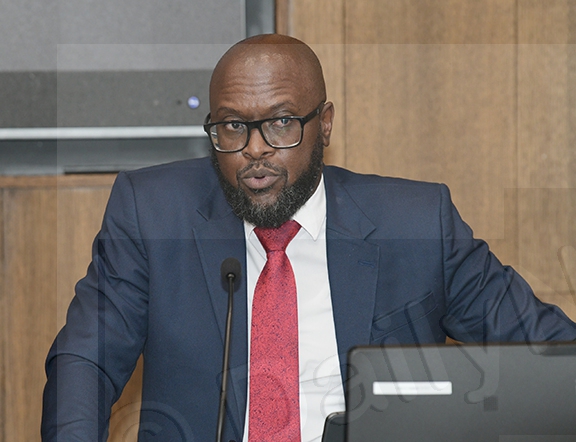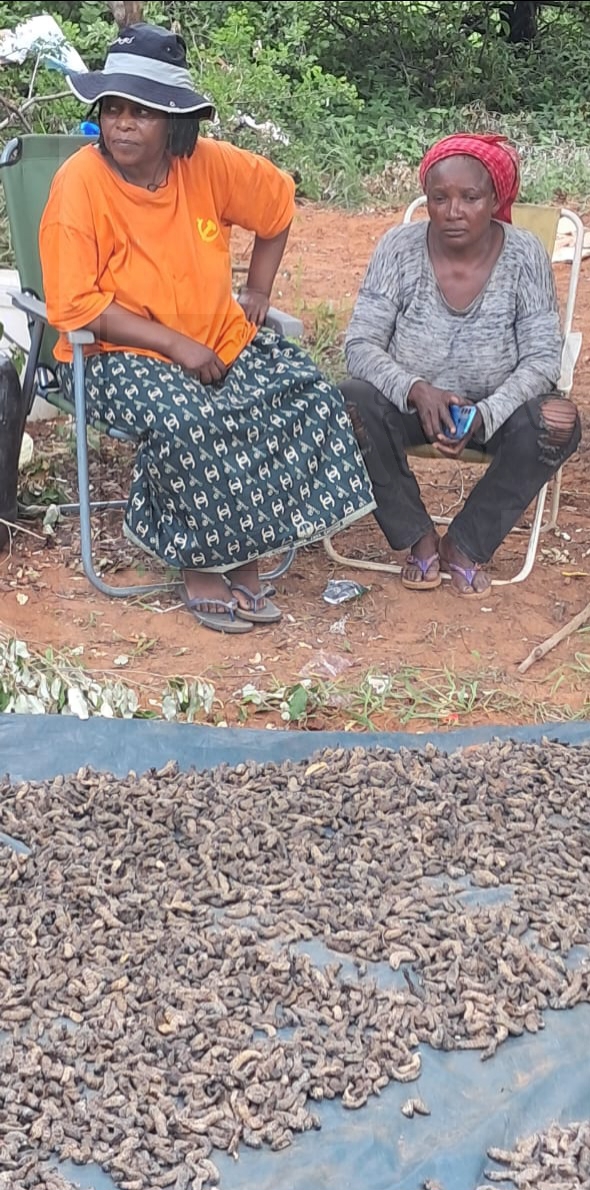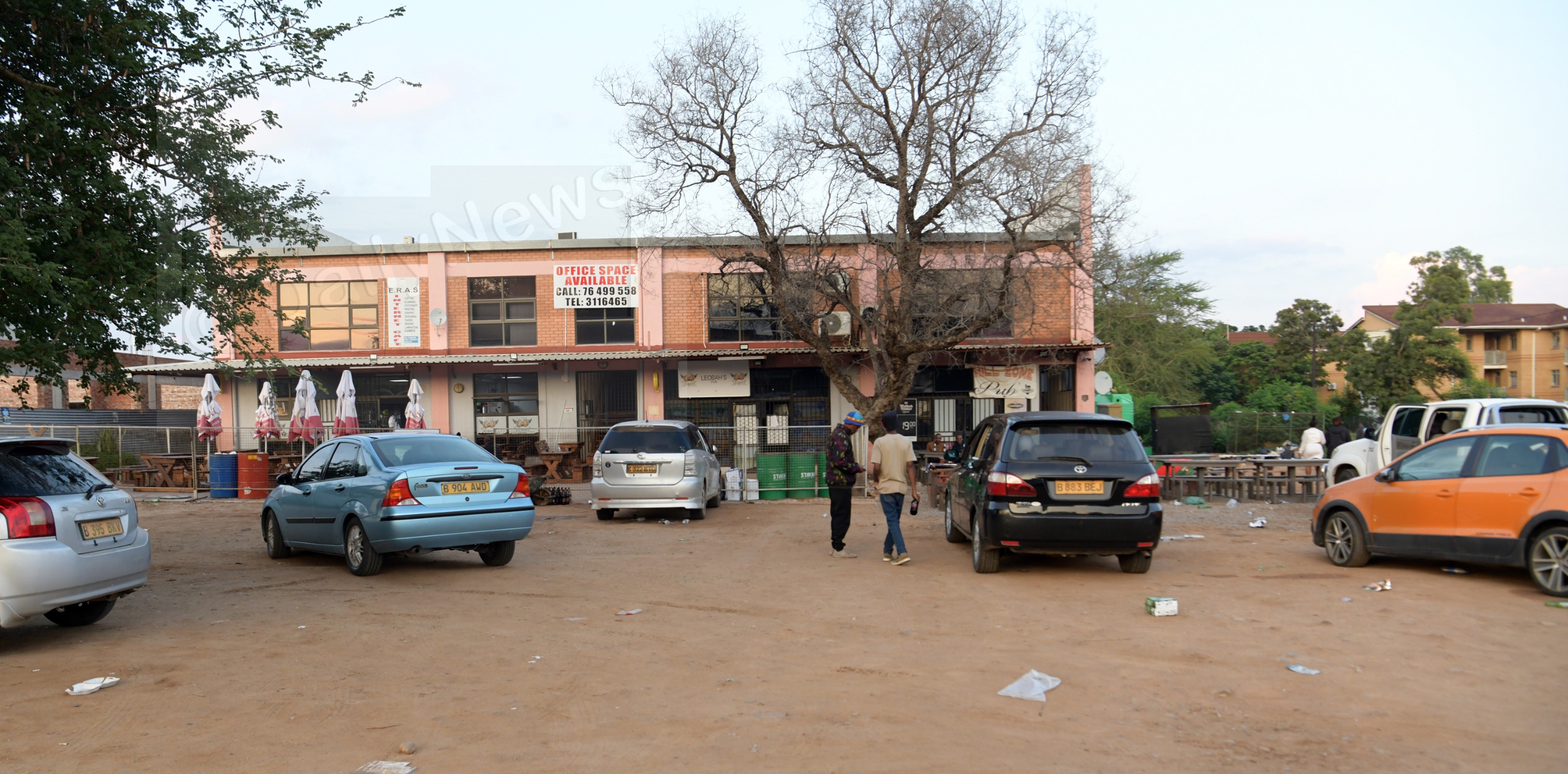Research funding critical - Prof. Mbaiwa
17 Apr 2024
Professor Joseph Mbaiwa from Okavango Research Institute has underscored the need for leaders and funders to consider increasing funding for research and development in Africa.
The budget for research, he said, had been very low as it stood at 0.3 per cent. He stated that time has come to prioritise research in terms of funding saying research was critical when it comes to decision making.
He made the remarks during the ongoing Africa-Japan Collaborative Research (AJ-CORE) workshop, which attracted researchers from Japan and South Africa as part of the 17 countries, whose ministries and granting councils are participating members in the Science Granting Council Initiative (SGCI).
Prof. Mbaiwa noted that the ORI was established to undertake engaged research and provide training and service on wetlands and adjacent drylands eco-system in order to promote conservation of the Okavango Delta and stressed that could be achieved if funding was available.
He said the institute enjoyed 30 per cent funding from government while 70 per cent was from international donors. “As leaders you should take the issues of research into consideration and ensure research projects are funded to benefit the communities,” he added.
However, he thanked the Botswana government for allocating a budget for research and development, appreciating that during the Budget Speech, the Minister of Finance proposed P1.02 billion for research and development. In addition, he said they also saw calls from the Ministry of Comunications, Knowledge and Technology that most of researchers had applied for the money.
As researchers, he said they utilised the opportunity to apply for the money and included the training component in their applications as the aim was to train learners.
Prof. Mbaiwa also revealed that partnerships and collaborations were critical in research indicating that the ORI was situated in a tourism destination in which tourism was the biggest sector and noted that they wanted to see the industry players pumping money into research.
He also noted that big companies like Choppies should also come on board to partner with research institutions. He highlighted that he spent 10 years in ORI in senior management, adding, “those were the frustrating years of my life as it was difficult to secure funding to train learners.”
The learners, he said, were eager to undertake research but they were limited by resources such as equipment, among others. He appreciated the establishment of the Botswana Research Council, saying it was a step in the right direction and believed that the Council would develop clear guidelines to be followed by researchers.
However, Prof. Mbaiwa thanked the organisers of the AJ-CORE workshop for choosing Maun as the host and wished it could be held time and again in the tourism town. He said the ORI would provide the venue so that they could appreciate what the institute does.
The AJ-CORE programme sought to connect knowledge to increase the impact of research; explore new development paths as well as enhance human capacity development in science, technology and innovation.
The programme also helps to find new ways to accelerate transition to sustainable development and also contribute to the achievement of the Sustainable Development Goals (SDGs).
Setting the tone of the workshop, the Executive Director of International Research Grants, National Research Foundation from South Africa, Dr Prudence Makhura explained that the AJ-CORE programme was made possible by the success of the SGCI, which was launched in 2015 to strengthen the capacities of the councils to support research and evidence-based policies that would contribute to economic and social development.
SGCI is the a key platform where various development funders collaborate to support Africa’s councils and she noted that it was implemented into two phases of which the first one ended in 2020 and was renewed for another period of five years by 17 countries participating in the SGCI.
She said the first phase focused on strengthening the ability of the councils to manage research programmes, to formulate and implement policies based on the use of science, technology and innovation indicators and support the knowledge exchange with the private sector, among others.
The second phase, Dr Makhura said several dimensions had been included to give effect to research excellence, strategic communications, uptake of knowledge outputs, gender equality and inclusivity, engaging with search performing institutions and the private sector engagement.
Dr Makhura further shared the achievements of the SGCI initiative noting that it had raised the profile of councils in science systems through workshops and also supported councils to rally governments towards increased investment as well as supporting councils to facilitate the science policy interface.
“Councils are being supported to conduct reviews of national science, technology and innovation polices based on framework and methodology templates developed by the SGCI.
Also the SGCI has commissioned papers and supported scoping and synthesis studies that have contributed to the global stock of knowledge and raised the profile of the initiative,” she added. ENDS
Source : BOPA
Author : Esther Mmolai
Location : MAUN
Event : Ongoing Africa-Japan Collaborative Research (AJ-CORE) workshop
Date : 17 Apr 2024





